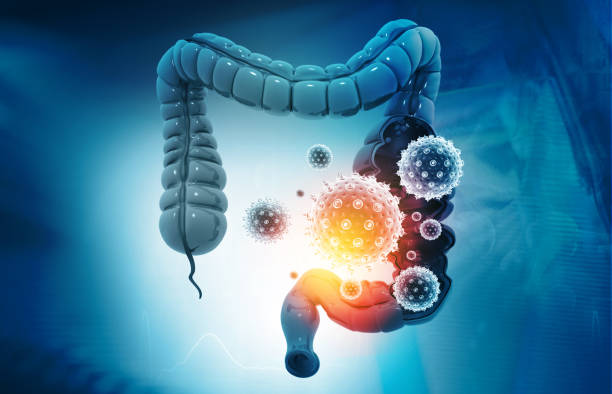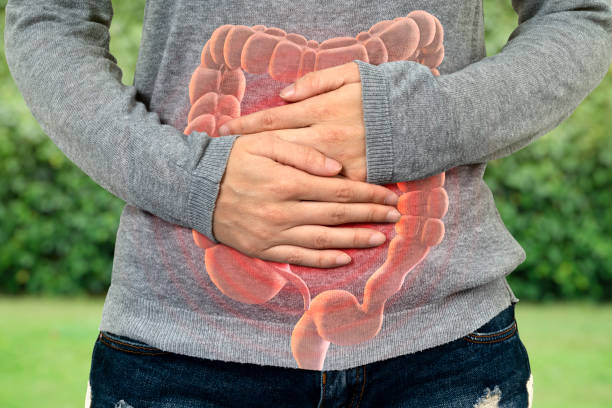The intestines are vital organ in our digestive system which is responsible for nutrient absorption and waste elimination.
Here are some intriguing/amazing facts about intestine:-
1. Length : Small intestine is quite long, averaging about 20 feet (6 meter) in length, while large intestine is shorter about 5 feet (1.5 meter). The length of intestine can vary among individuals.
2. Villi and Microvilli: Small intestine is lined with tiny finger like projection called villi and even smaller microvilli which increasing its surface area for more efficient nutrient absorption.
3. Surface Area Equivalent: If you were to spread out the surface area of small intestine's inner lining, it would cover size of a tennis court, highlighting its incredible absorptive capacity.
4. Gut Microbiome: Large intestine is home to trillions of microorganism, collectively known as gut microbiome which plays a crucial role in digestion, immunity and for overall health.
5. Peristalsis: Intestines move food through a process called peristalsis, involving coordinated muscle contraction that push the content along digestive tract.
6. Nutrient Absorption: Small intestine absorb essential nutrients like carbohydrate, protein, fat, vitamin and mineral, making them available for the body to use.
7. Water Absorption: Large intestine primarily absorb water and electrolyte from remaining indigestible food and forming feces for elimination.
8. GALT: Gut-Associated Lymphoid Tissue (GALT) located in intestines play a significant role in immune system, helping to defend against pathogen.
9. Mucus Production: Intestine produce mucus to protect lining from digestive enzymes and to help move food through the digestive tract.
10. Bacterial Fermentation: The gut microbiome ferments certain carbohydrate that human body can't digest, producing gases like methane and carbon dioxide, which can cause flatulence (gas).
11. Ileocecal Valve: The ileocecal valve is a one-way valve that separates small and large intestine preventing backflow.
12. Intestinal Adaptation: If a portion of small intestine is removed due to surgery or injury, remaining intestine can adapt and increase its absorptive capacity to compensate.
13. Digestive Disorder: Condition like irritable bowel syndrome, Crohn's disease, and celiac disease can affect function of the intestine and cause digestive problem.
14. Intestinal Worm: In some part of the world, parasitic worms can infest intestines, leading to health issues. Proper hygiene and sanitation are crucial for prevention.
15. Intestinal Health: A healthy diet rich in fiber, probiotic and prebiotic can promote good intestinal health and support balance of gut microbiome.
These Interesting amazing facts highlight the importance of intestines in digestive process and overall well-being, as well as intriguing complexity of their function.



